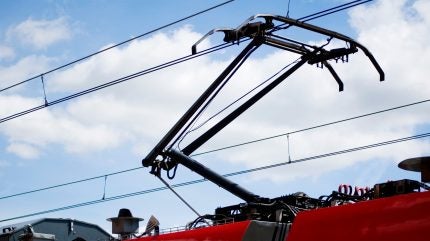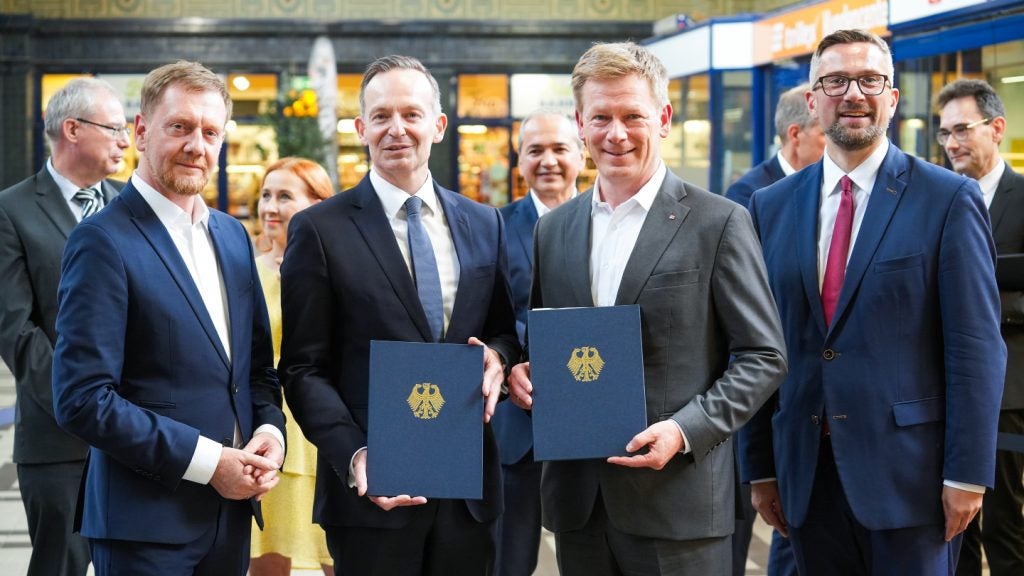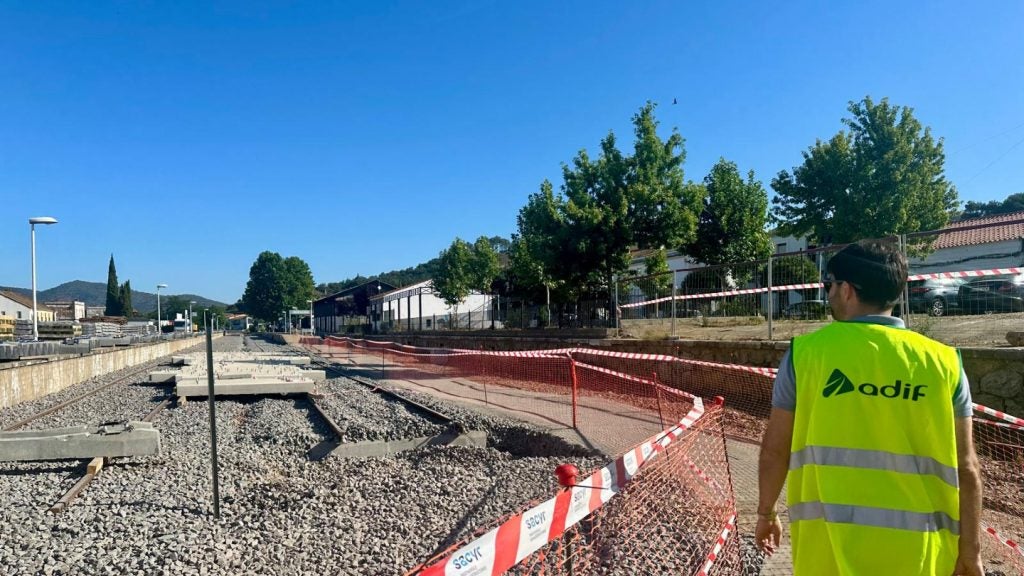
The UK’s Rail Industry Association (RIA) has published a new strategy proposal for “a pathway to a lower cost, higher performing new zero railway by 2050”.
A key argument in the document focuses on track electrification, and the current UK Government’s plan to ensure 51% of UK rail tracks are developed by 2050. The RIA said it had identified a further 15% of possible upgrades, which would have a significant impact on the industry’s chances of reaching net zero by the stated deadline.
According to the association, this 15% would enable all passenger rail to be “decarbonised” by 2050, and 95% of all freight services to do the same.
The strategy laid out in the paper is called a “plan of thirds” because one third of UK railways are already electrified; another third (including the 15% increase the RIA proposed) should be electrified; while the final third does not need to be upgraded because battery-electric locomotives could operate sufficiently on these routes.
To make this plan work, the RIA said new rolling stock orders should be brought forward to advance the availability of Battery Electric Multiple Units (BEMUs).
The RIA pointed out that replacing old, slow diesel trains would itself drive the industry significantly towards net zero.
How well do you really know your competitors?
Access the most comprehensive Company Profiles on the market, powered by GlobalData. Save hours of research. Gain competitive edge.

Thank you!
Your download email will arrive shortly
Not ready to buy yet? Download a free sample
We are confident about the unique quality of our Company Profiles. However, we want you to make the most beneficial decision for your business, so we offer a free sample that you can download by submitting the below form
By GlobalData“Urgently consider the balance of the approximately 1100 sub-100mph Diesel Multiple Units (DMUs) which will be 35 years old by 2030 and replace them with Battery Electric Multiple Units (BEMUs). This action alone will decarbonise 34% of the GB network,” the report noted.
By bringing rolling stock contracts forward the RIA said the current stasis in UK rail manufacturing could be solved, allowing companies like Alstom to have confidence in future investments along with benefitting the sector’s environmental record.
David Clarke, technical director at RIA said the policy paper was designed to show central government what could be possible in the rail industry.
“Our analysis provides an ‘art of the possible’ strategy for the Government and the railway industry. Ordering a fleet of battery-electric trains, a strategic and a consistent approach to electrification, and quick green wins on less intensively used routes can all help achieve a more efficient and low-carbon railway by 2050. Considering this as a ‘track and train’ strategy allows us to permanently lower the cost of running the railway,” he said.
“Recent RIA-commissioned research by Steer found that passenger numbers will grow between 37% and 97% by 2050, depending on future rail policy. So, it is vital that the Government now makes some decisions on infrastructure and rolling stock which will enable investors, rail planners and suppliers, as well as the wider rail economy, to deliver a better and more sustainable railway for passengers and taxpayers in the future,” Clarke added.







